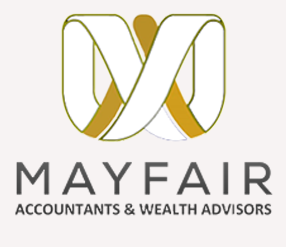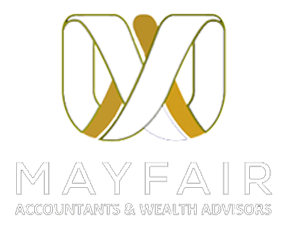A defined contribution is a pension pot that is build up with your contributions and employer’s contributions and investment returns and tax relief from the government. It is of two types known as trust based schemes and contract based schemes. The former type is managed by a board of trustees whereas the later type is managed by a pension provider appointed by the employer.
If it is arranged by your employer, then he/she usually deducts your contributions from your salary before it is taxed. In case if the pension is privately set by yourself, you can provide the contributions yourself.
When you retire, you will get an accumulated sum made with savings over the years and investment gains which you can use to buy annuity or enter into income drawdown. These savings are usually invested in stock market to ensure you have great returns of investments (ROI) at the time of your retirement.
The annuity is a product that gives you a guaranteed regular income for the rest of your life.
It depends on you whether to take up the whole lump sum or in chunks. The point to be noted here is a 25% will be tax free from the sum and the rest will be taxed. Thus, if you decide to take the lump sum all at once, you will face a huge tax bill.
The amount you get after your retirement depends on following factors.
- How much you have contributed in the pension pot
- How much your employer has contributed
- How long you have saved for
- How has your investment performed over the years
- How much you take as a cash lump sum
- How much charge is taken out by your pension provider
If you want to have a secure future after you retire, such contribution scheme can be a great option for you. If you are still having difficulty on choosing it, you can consult an expert financial adviser.


